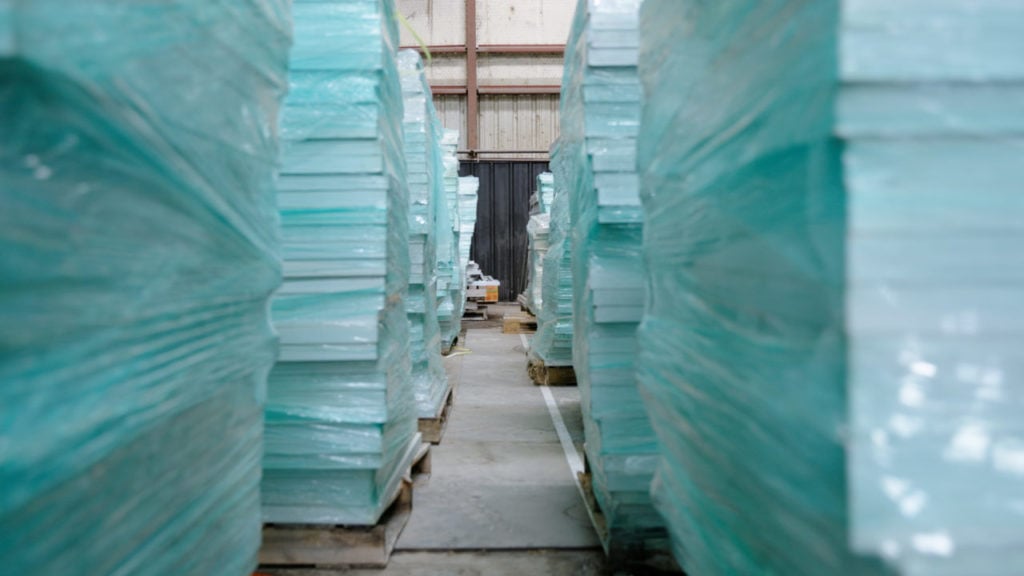
US material recovery firm OnePlanet has closed two financing deals to aid the development of a solar module recycling facility in Florida.
OnePlanet secured a US$7 million seed financing round led by Khasma Capital, a low carbon infrastructure investment firm. The funds will support “final engineering, permitting, and pre-construction activities” at the planned River City facility in Green Cove Springs, Florida.
Try Premium for just $1
- Full premium access for the first month at only $1
- Converts to an annual rate after 30 days unless cancelled
- Cancel anytime during the trial period
Premium Benefits
- Expert industry analysis and interviews
- Digital access to PV Tech Power journal
- Exclusive event discounts
Or get the full Premium subscription right away
Or continue reading this article for free
The company was also awarded a US$14.5 million tax credit from the Department of Energy’s competitive Section 48C(e) Advanced Energy Project Programme, which OnePlanet said “specifically supports domestic advanced manufacturing facilities that recover and reintroduce critical materials—such as silicon, aluminium, and copper—back into US supply chains.”
The facility is expected to be able to process 2 million PV modules annually upon commissioning in 2027, with planned expansion to 6 million modules by 2030.
“Solar as an industry is now at an inflection point in its lifecycle, where we can’t simply install megawatts—we must also build the industrial capacity to recover and reintegrate the very materials that enable it. This facility will be a cornerstone of that effort,” said André Pujadas, CEO of OnePlanet.
PV recycling schemes already exist, most notably the EU’s Waste Electrical and Electronic Equipment (WEEE) programme, and a number of companies are beginning to move into the space to focus specifically on PV end-of-life.
In the US, Solarcycle was established in 2022 with a focus on high-value recycling, to recover silver and copper from modules as well as glass, aluminium and silicon. The US branches of many international solar manufacturers, including Korea’s Hanwha Qcells and Chinese players such as Runergy and Canadian Solar, have inked contracts with Solarcycle to recycle their US modules.
Elsewhere, Australian firm Lotus Energy recently announced plans to build a US$250 million module recycling facility in Saxony, Germany, and European non-profit PV Cycle also operates out of Belgium.
Many of these efforts are aiming to introduce an element of circular economy to the solar industry, whereby materials recovered from recycled modules are fed back into the supply for new products.
OnePlanet CEO Pujadas likened the opportunity to sustainable steel production and the Electric Arc Furnace (EAF) technology, which OnePlanet said he was involved in during a previous role at US steel producer Nucor.
“With millions of panels slated for decommissioning, the opportunity to recover high-purity silicon—and reintroduce it as a captive, domestic feedstock—parallels the EAF-era transformation we pioneered at Nucor,” he said.
“OnePlanet is building the infrastructure to harness this untapped materials stream as a foundational input not only for clean energy manufacturing, but also for the US semiconductor industry—supporting domestic chip production and fortifying critical supply chains for decades to come.”
PV Tech Premium has published a number of features looking at the development and prospects of solar PV recycling across the world.






